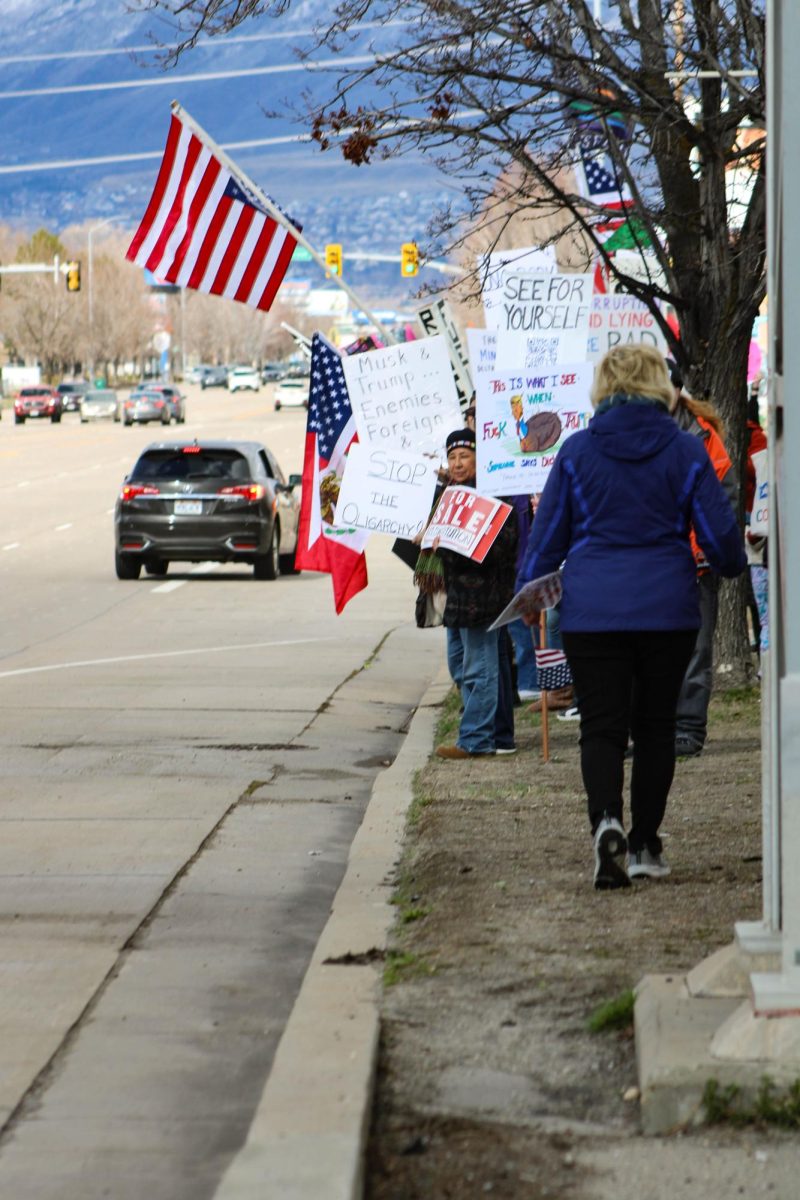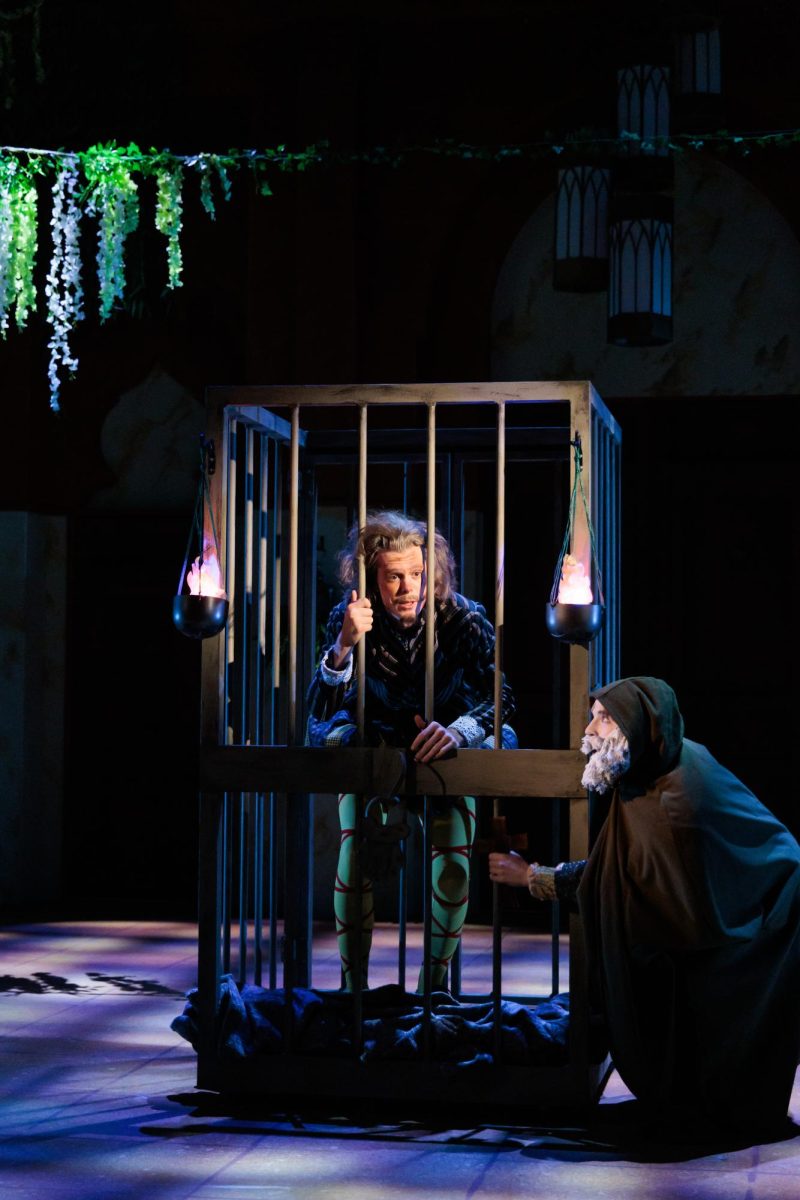
Marshall White Center in Ogden hosted a panel discussion on June 9. This event was called “Justice for All”. The panelists, three judges and a mediator answered the audience’s questions about how language and culture barriers can be overcome in the judicial system. Geoffrey Fattah, Communication Director of the Judicial Council for the Utah courts, called the event a “good step” in the right direction.
The evening event started with two presentations. The first presentation was on the Utah Courts Language Access program with the courts. The Access Program offers interpreters whenever it is needed; these interpreters are trained and qualified for the courts.
The presenter explained that an interpreter is a complete vessel, transferring all information as clearly as possible from one language to the next. He also mentioned that the interpreters keep all information confidential, and will not discuss any of their cases.
The second presenter was Mary Jane Ciccarello, director of the Utah Courts Self-help Center. The main purpose of the center is to help answer question about the legal system and they help everyone find resources, whether it be documents, lawyers, information or a push in the right direction.
“We all experience the legal system differently, from different points of view,” said Ciccarello. “If you have a question, if you think you need the court, any level of court for any kind of legal issue, a first stop could be the Self-Help Center for the Utah state courts.”
These Centers offer service to everyone, whether on the phone or through email. For more information on these two program, visit www.utcourts.gov
Following the presentations, each panelist introduced him or herself to the audience. The panel consisted of three judges from the state of Utah and one court mediator. There were at least three other judges in the audience that could help answer any question for audience.
The first panelist was the court mediator, Evie Brinkerhoff, a child welfare mediator and graduate from Weber State in 2002. Following her was judge Shauna Graves-Robertson, a justice court judge for Salt Lake County. She is the only African American woman judge for the state of Utah and believes that justice courts see the most diversity.
Judge Jeffrey Noland, one of the four juvenile court judges for Ogden, was next. He has been a juvenile court judge 5 years and enjoys working with each juvenile that enters through the court. The last panelist was judge Joseph Bean, district court judge. Prior to becoming a district court judge two years ago, Bean was a justice court judge.
After each panelist was introduced, Brent Johnson, directing the panel, asked questions from the audience. These questions ranged from what we and the court are doing to overcome the language and cultural barrier to issues inside the counties’ school districts.
Former Weber State professor Tony Spanos asked, “What could we do better, currently, with language and cultural problems and variants?” He then asked what the panelists what they are doing to overcome these problems.
Judge Bean stated that he believe that the language aspect is going well and that he, personally, has the need to better understand the other cultures that come through his court. He later added, “I do think that the administrative office is very sensitive to that and is trying to give us, as judges, more training at our conferences.”
Later in the panel there were many question, one of which included punishment or changes for high school or younger student from different backgrounds.
Amy Huntington, Transition and First Year Specialist for the Access and Diversity for Weber State, asked this question due to an e-mail she received earlier that week about some of the gaps in achievements and disciplines for students of color or for those whose first language is not English in school districts.
Judge Noland stated that it is one of the problems in our school districts and they are addressing it. He said that they, as judges, sit down with school districts for that purpose.
There were many more topics that were discussed, but the overall goals for the judges are that everyone can be understood and have access to anything that the courts have to offer.



















